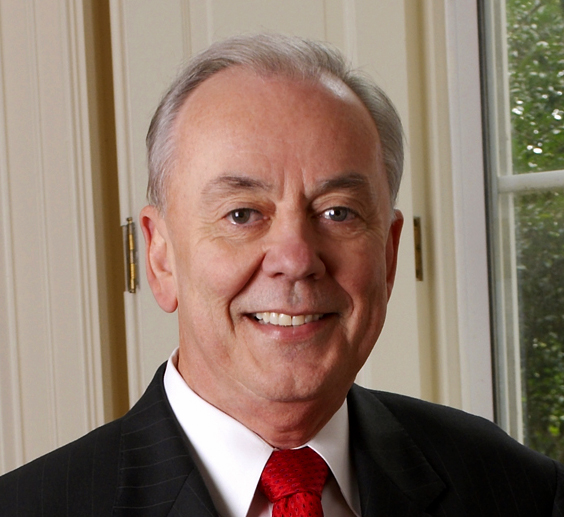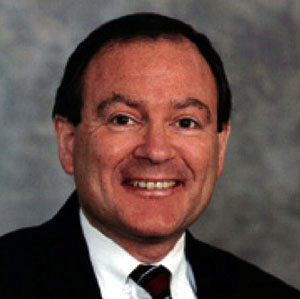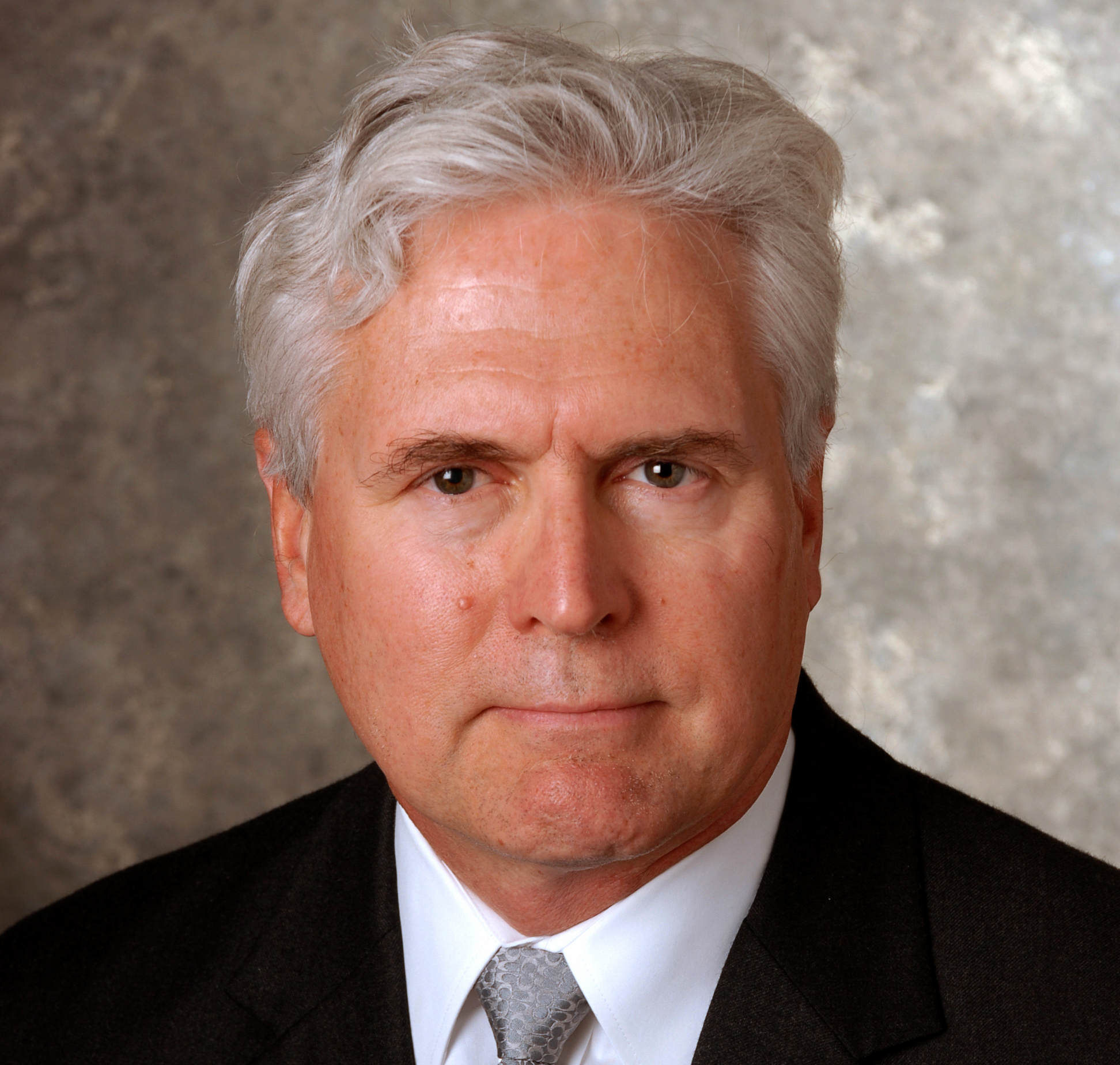SMU economic forecast includes retaining Bush-era tax cuts
SMU Cox experts predict the federal government will retain most of the Bush-era tax cuts.

By Sheryl Jean
The Dallas Morning News

A couple filing joint tax returns with an annual income of $75,000 would be hurt the most by tax increases, he said.
 |
The expectation, Niemi said, is that without the tax cut extensions, the nation will dip into a second recession. However, he foresees higher taxes on the wealthy, but the threshold will be higher than household incomes of $250,000.
Niemi expects the U.S. real gross domestic product to decline from an estimated 2.1 percent this year to 1.9 percent next year.
“It’s hard to make economic predictions without knowing what policy will be,” Niemi said. But jobs, housing starts, consumer spending and public policy are the key to the U.S. economic recovery, he said.
Here are the panel highlights from Niemi and seven other SMU professors participated:
Jobs:
Texas, which has created more than half of all U.S. jobs since 2000, is in good shape, the economists said.
“Things will be good here, but nationally it will be painfully sluggish growth,” Niemi said.
The shift from manufacturing jobs to service jobs over the last 40 years has eroded the middle-class incomes, Niemi said. Half of the nation filed adjusted gross median tax returns of a little over $32,000 in 2011, he said based on IRS data.
Although the nation has regained 2.1 million of the 8.4 million jobs lost during the recession, 6.3 million people are still out of work. The problem is that an average of 125,000 first-time job seekers a month also is entering the work force, Niemi said.
It’s taking longer to return to full employment after the Great Recession than it took after the Great Depression, Niemi said. If the nation adds an average of 213,000 jobs a month, which is higher than the monthly job gains since February, it would take until 2025 to return to full employment, he calculated.
Energy:
Bruce Bullock, director of SMU’s Maguire Energy Institute, predicts North America could be energy (oil and natural gas production) independent by 2020.
However, he said risks to growth include more regulations on fracking, carbon dioxide restrictions and oil prices declining below $75 a barrel.
Housing:
Housing starts have ticked up over the last three years — from 580,000 in 2010 to an estimated 750,000 this year, but are not back to the million-plus annual level in the last four decades, Niemi said.
Financial crisis:
The United States is still dealing with the aftermath of the 2008 financial crisis at a total cost of $10 trillion to $20 trillion, said Harvey Rosenblum, an SMU adjunct professor and director of research for the Federal Reserve Bank of Dallas. He supports breaking up the nation’s biggest banks to return market discipline.
“The alternative of doing nothing is just too dangerous, Rosenblum said. He thinks a number of congressional leaders will advocate for banking reforms next year.
The status quo could result in another $10 trillion to $20 trillion crisis, Rosenblum said. The nation is heading toward a monopoly banking system, with a few big banks dominating the mortgage industry, he said.
European crisis:
Michael Davis, an SMU senior lecturer of economics, said Europe is in a recession or about to be in a recession based on its negative growth in the first two quarters of this year. However, the United States and Texas are not very dependent on Europe for exports, which insulates them somewhat from a European crisis, he said.
“We have issues as a nation that transcend the presidency,” said Niemi, who produced his economic outlook before the election results last week. “It doesn’t really matter who is at the top.”


